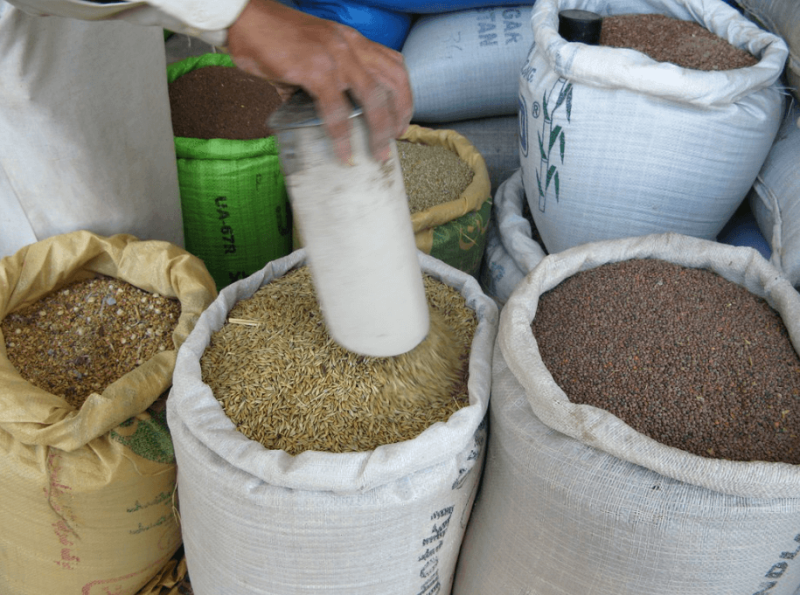Corteva Agriscience’s developing marketing manager, Charles Matlou, expands on the types of biotech crops approved for commercialisation in South Africa and the difference between conventional and biotech crop farming.
Does conventional farming differ much from biotech?
Surprisingly, the input costs are the same for small-scale farmers and commercial farmers, says Matlou.
“Farming biotech crops do not differ significantly from conventional farming. The only difference is that they are much more manageable compared to conventional crops.”
Matlou explains that if a farmer plants the conventional seed, the farmer may need to take additional measures to control insects through spraying. But with the planting of biotech seeds with insect-resistant traits such as Bt, the crops are protected against targeted insects, thus reducing the need for pesticides.
Ideally, when it comes to the management of pests and diseases, farmers should be adopting an integrated pest management (IPM) approach. The principles and concept of IPM encourage the use of various pest management options and tools for the prevention and control of pests. This includes the use of biotech varieties as well as cultural, mechanical and chemical methods for effectively controlling pests while safeguarding human health and the environment.































